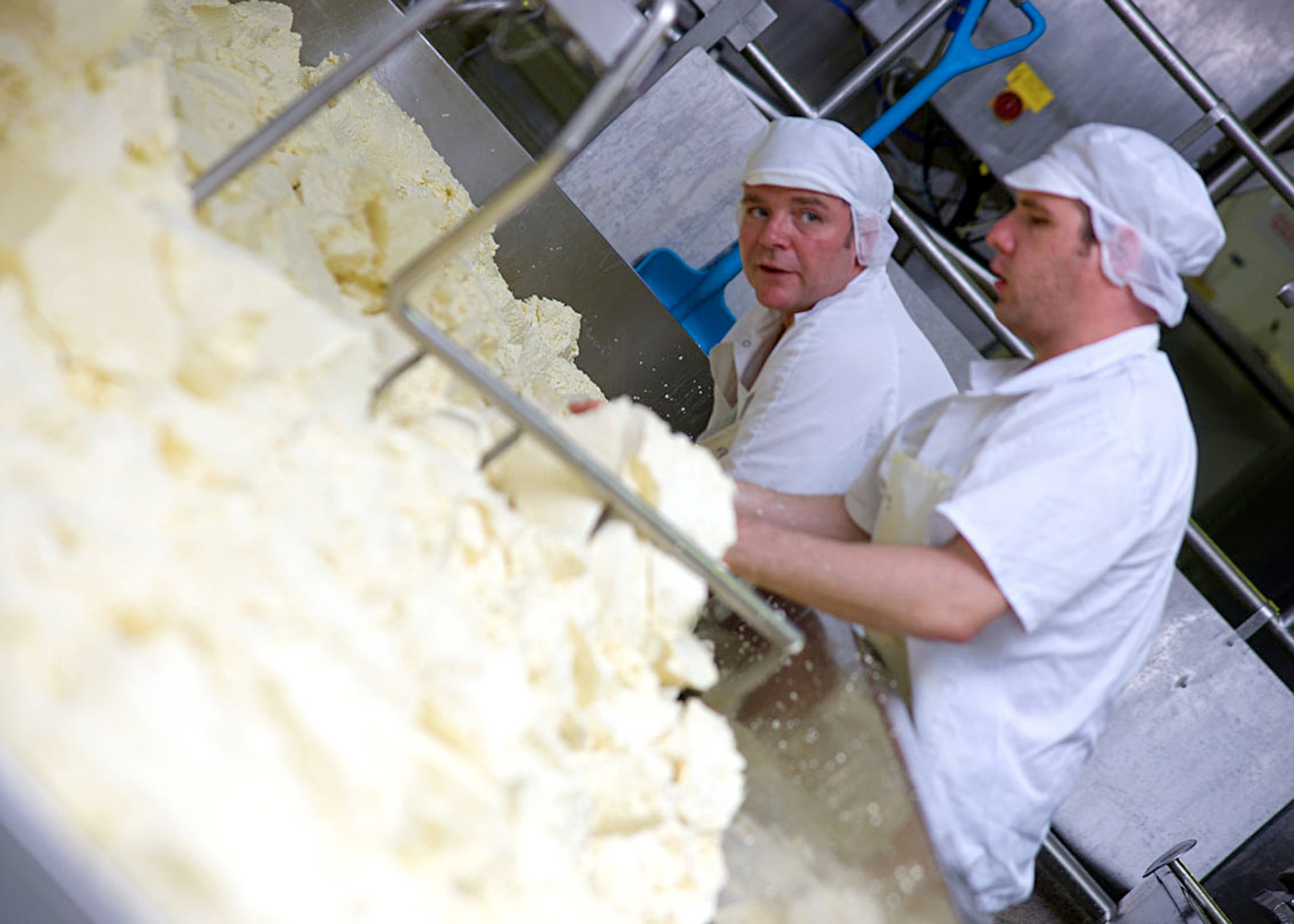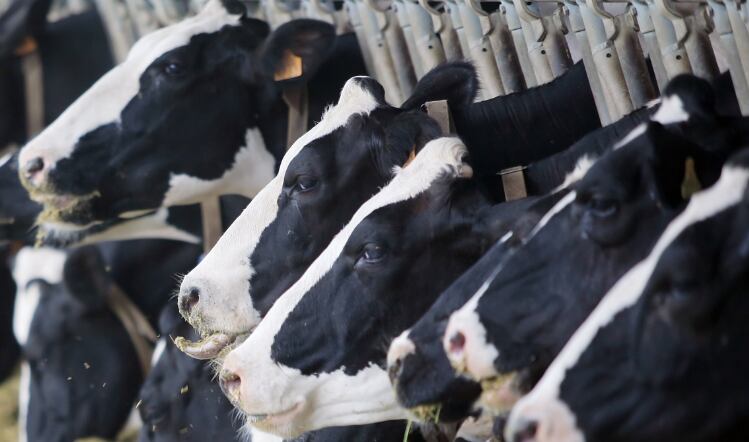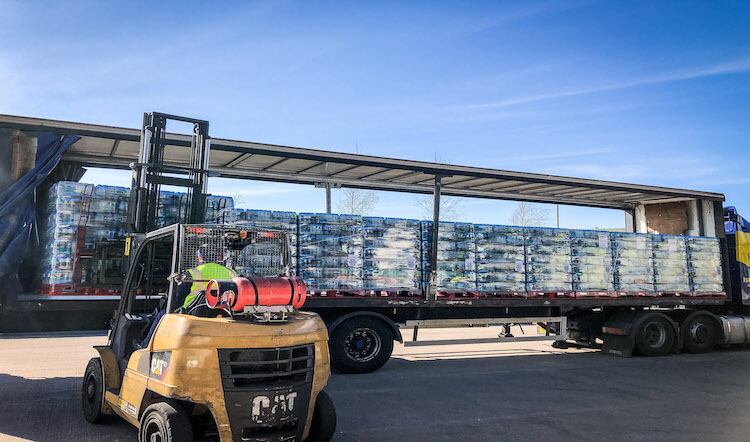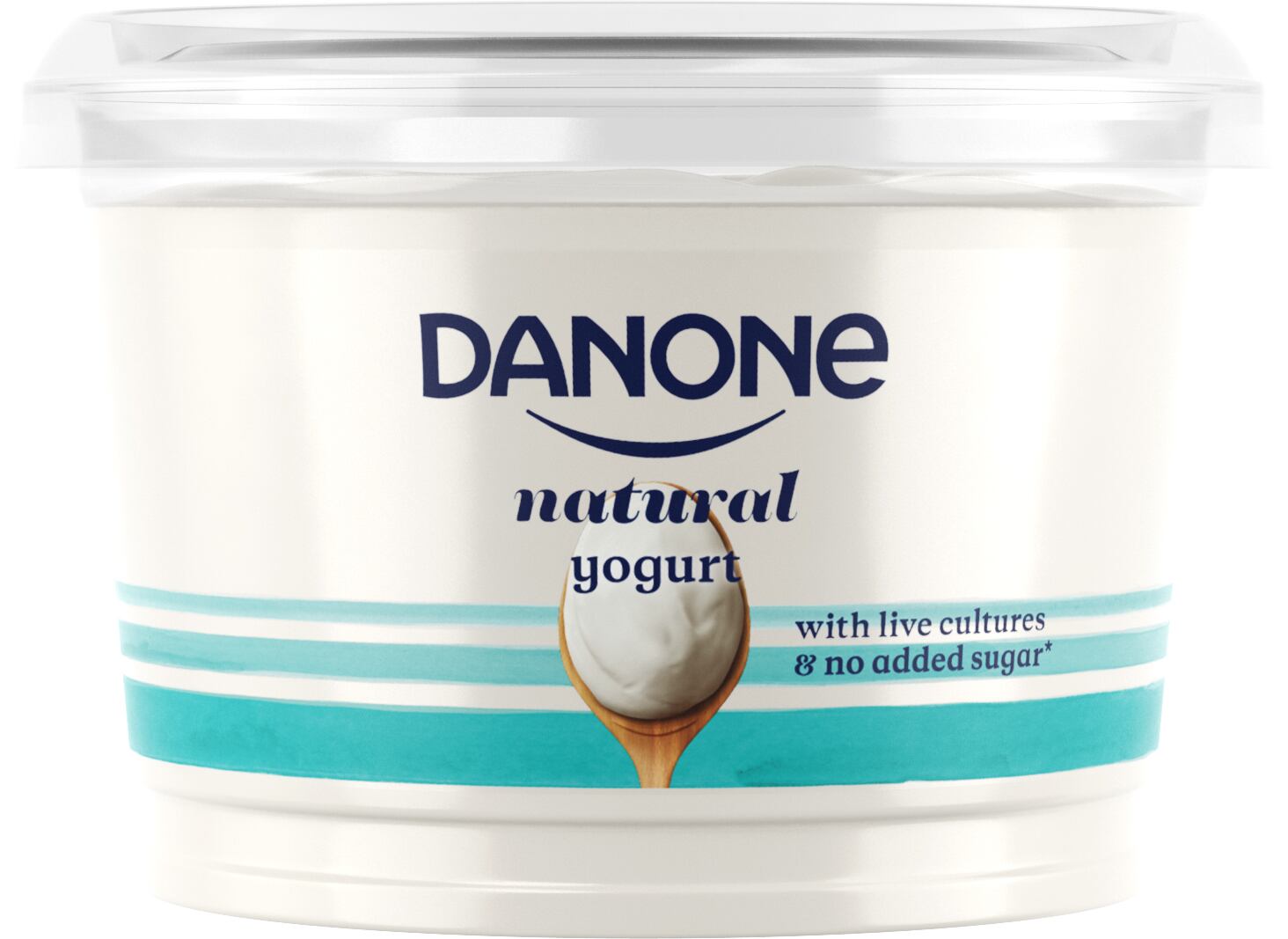The dairy industry has never been one to shy away from innovation.
But at times, it has been bogged down by more traditional ways of working. That said, for every new development in ice cream production or pasteurisation methods, observing traditional approaches to production can help to maintain the character and identity of individual products.
Yet, in an era plagued by concerns about the environment, ever-increasing demand and the coronavirus pandemic sweeping the globe, how are dairy processors keeping up with a world that seems to be spinning more and more out of control?
Use of robotics and advanced technology within the industry is usually geared towards the same applications as any other food or drink business – boosting capacity and efficiency. One recent example includes Lancashire Farm Dairies, which last month anounced it had invested £1m in its Rochdale site to automate the entire production process from start to finish.
“We’ve fully automated the end-of-line robot filling machines, giving us more efficiency,” says managing director Azhar Zouq. “Many dairies have to invest to grow and automation is the way forwards. Companies like TetraPak, for example, bring out new products all the time and, even looking at NPD for ourselves, it’s all going to involve some type of automation. Ultimately, it’s to give [the consumer] a better product.”
“Many dairies have to invest to grow and automation is the way forwards”
Cheese processors are also seeking to increase automation while retaining an artisan character for their products. Just as Lancashire Dairies is proud of its traditional methods, Dewlay Cheesemakers approached Mitsubishi Electric with a simple proposition – enabling the manufacturer to make more cheeses in larger batches without sacrificing the processes and procedures that make its products identifiable as its own.
To this end, rather than relying on a machine to take over the jobs required to be done by hand, Mitsubishi instead looked at the jobs that didn’t need to be completed by a person and that a computer could more reliably execute.
As Richard Jones, operations director at Dewlay, explains: “We believe cheesemaking is a mix of art and science as it relies on living organisms. So, we need to be able to address this variability by having access to key process parameters and curd quality attributes, as well as by responding quickly to optimise the reactions taking place within the vats.
“Ours is a fast-paced environment, because we have so many cheese vats at different stages of the production cycle, following individual recipes. Our cheesemakers had been doing their best to keep track of timing and procedures manually for all the active vats by relying on their memory, continuously looking at the clock and making notes. However, this approach is not optimal and doesn’t support continuing growth.”
To improve this, Dewlay invested in an advanced tracking and monitoring system to help supervise and manage individual processes and monitor the mechanisms governing quality changes in the curd, as it is processed in large batches. No longer burdened with keeping an eye on every batch of cheese, Dewlay can now redirect that effort into putting more batches into production.
“This was not a straight- forward automation solution, but rather an implementation mindful of the cheesemaking art,” Jones adds.
The open adoption of automation in the dairy industry has had other benefits aside from simple time-saving and efficiency. Removing more people from the production line can result in a higher level of safety within the factory.
One such example is a new food-grade bag slitter from machinery provider Luxme International. Responding to demands from the dairy industry for a dust-free solution for opening bags of
bulk foods, the MiniLux Food- Grade Automatic Bag Slitter is a safer and more cost-effective option, says Luxme.
Like any automated option the machinery provides a boost to production, but arguably the greatest benefit is the removal of a health and safety risk. By removing the member of staff from the bag-slitting station, you can greatly reduce instances of workplace asthma from the factory, explains Luxme president Navam Jagan.
“The prevalence of dust emissions at manual bag opening stations intensifies the health and safety risks in the area, as well as contamination and waste, so it is essential that bag slitter manufacturers work with upstream and downstream equipment suppliers to provide innovative new solutions to tackle these issues,” he adds.
Pandemic challenge
Dairy suppliers are imposing automation while the industry is facing the ongoing threat caused by the outbreak of COVID-19, which – at the time of writing – has left the UK in a state of lockdown, with people stuck at home for over a month.
While producers that supply major retailers have seen business booming, thanks to a sudden burst of panic- buying at the beginning of the lockdown, those supplying the foodservice industry are having to do all they can just to keep their heads above the water, after customers closed their doors.
Trade body Dairy UK tells Food Manufacture that more work was needed from the Government to support the industry, and this has now led to a temporary relaxation of competition rules in order to allow the whole industry to work together in the midst of the pandemic.
“Retail demand is steady, in fact it has increased in some areas, whereas foodservice and HoReCa (hospitality, restaurant and catering) has completely dropped off in its traditional format,” explains cheesemaker Singletons & Co head of sales Henry Openshaw. “Some HoReCa customers are innovating and diversifying to offer mail order, direct delivery and so on, and we are working with them to support that.
“While sales have been down in some respects, we have seen opportunities increase, as the buyers we are in contact with now have time for strategic conversations with regards to re-ranging and future listings.”
For whatever reason it’s implemented, automation has become a staple tool in the ongoing success of dairy manufacturing. The real test now is to see if these efforts to modernise enable it to flourish in a post-COVID-19 world.





